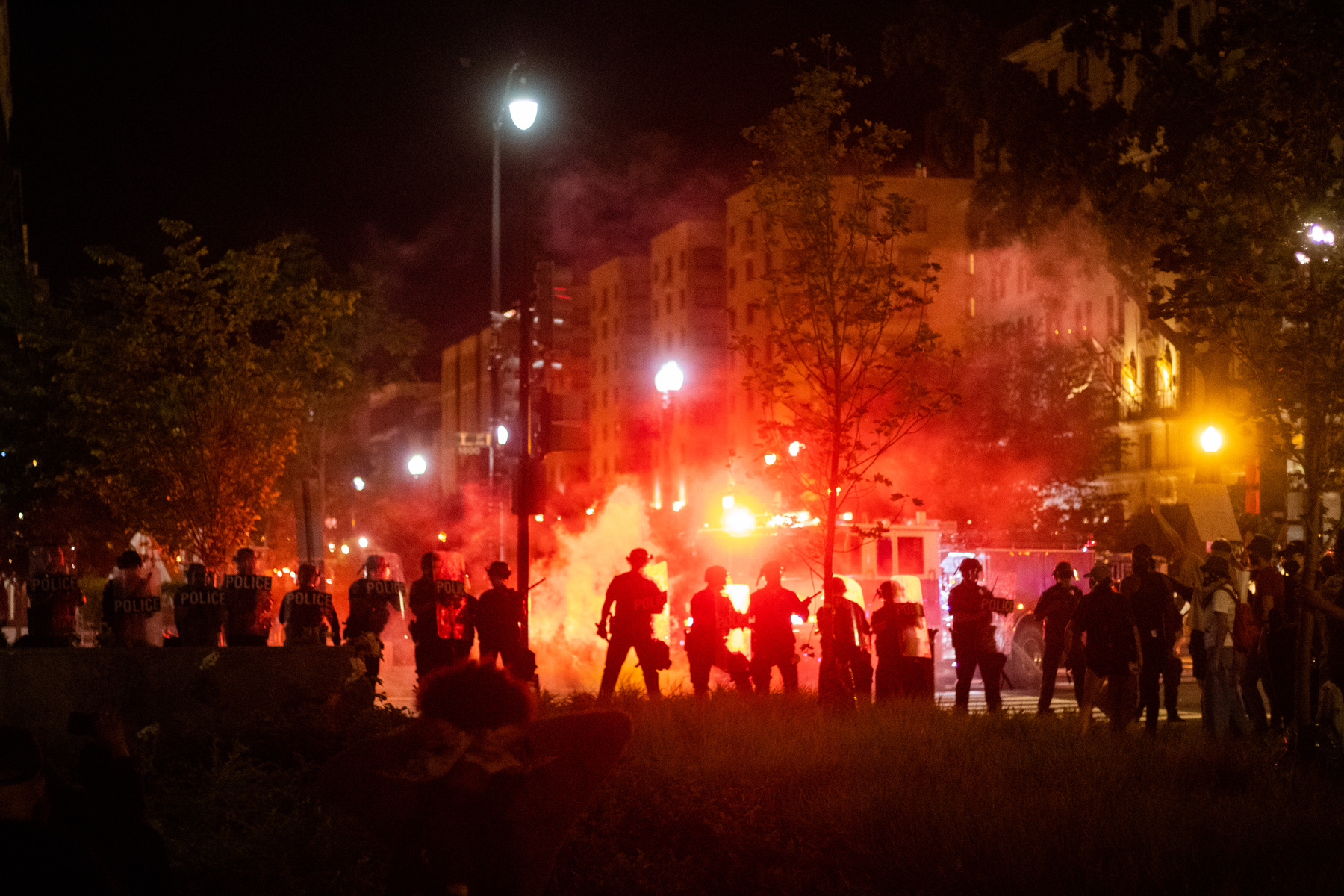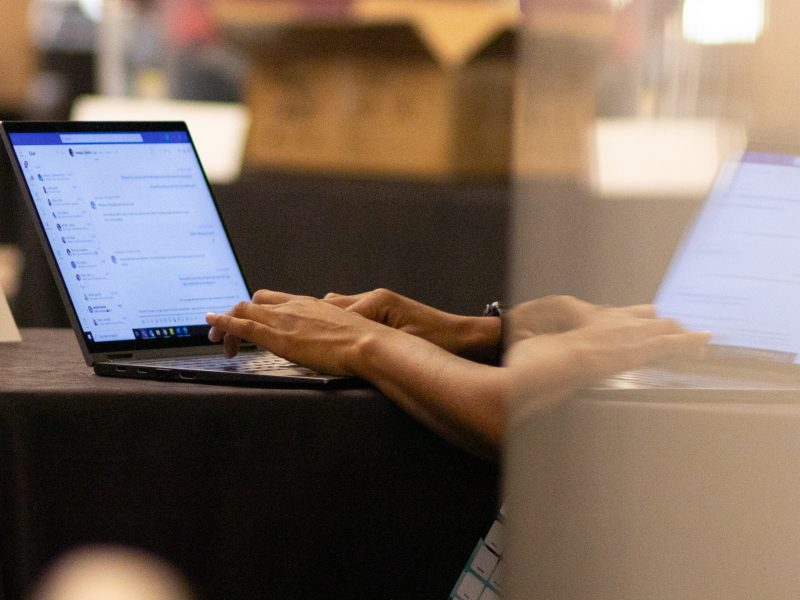Views expressed in opinion columns are the author’s own.
As Black Lives Matter protests continue across the country and more people take to the streets, it feels increasingly important to discuss tactics for safe protesting, especially as President Trump deploys federal agents from the Department of Homeland Security to more cities across the United States. Currently, those who attend protests are at risk of being beaten and arrested by police and federal agents, being tear gassed, being pepper sprayed, being shot with rubber bullets, and contracting COVID-19 (to mention just a few dangers). These are hefty consequences for exercising one’s rights to freedom of speech and assembly, yet there are steps protesters can take to at least mitigate the risks and care for themselves at demonstrations and upon returning home. As a result, I have compiled a small list of tips for protesters.
The first and most important suggestion, in my opinion, is to avoid attending a protest alone. If you are living with others or you know anyone who has been quarantining and is willing to attend, bring them with you. There’s strength in numbers, especially if the situation deteriorates and you need to get out quickly and safely. I went with a few friends I was living with, and we split into two groups that would stick together as much as possible in case our larger group broke up. We each had one another’s phone numbers written on our arms, as well as one emergency contact who was not attending the demonstration. We also wrote the phone number for our local legal aid hotline, which you can find here. This all probably sounds a little scary, but it is always better to be prepared.
Next, it is important to make sure you are able to protect yourself both from contracting COVID-19 and from tear gas, pepper spray or rubber bullets. The first item to bring is a mask. WEAR A MASK AT ALL TIMES. Bring hand sanitizer. If you need to eat or drink or touch your face at any point, use hand sanitizer. My friends and I attended protests multiple days in a row and all tested negative for COVID-19 and, while it is impossible to fully attribute those results to our hygiene practices, using masks and hand sanitizer only helped us stay safe and avoid potentially contracting or spreading the virus.
Second, bring goggles and some kind of solution for flushing your eyes if you are tear gassed. Baking soda and water mixture helps to inactivate the chemical component, but since tear gas is actually made up of tiny irritable particles, water or saline solution are recommended to help get rid of the particles. If you are exposed to tear gas, try not to panic. If you can, leave the area immediately and get somewhere safe to flush your eyes and mouth — and change your clothes, if you brought some with you. Don’t touch your skin, especially your face. You will be grinding tiny irritant particles into your flesh, which is not very fun. These particles are another reason a mask can come in handy by preventing much of the gas from clinging to your nose and mouth. This is also why I definitely would not recommend wearing makeup or contact lenses. Lastly, either purchase or make a small first-aid kit. Bring tampons to use for treating rubber bullet wounds, which can help stop the bleeding until you find a medic.
Once you return from protesting, immediately wash your hands, take off your mask, throw your dirty clothes into the wash and shower. Take a moment to center yourself and process everything that has happened, especially if you witnessed some difficult things. Reach out to trusted friends or family if you need it. Try any activities that usually help you unwind after a difficult day. If you are able, get tested after an appropriate period of time and self-isolate, especially if you are experiencing COVID-19 symptoms.
This is by no means a comprehensive guide, but I hope it can at least be a starting point for those considering protesting in this current climate. It is important that we do our best to look out for ourselves and each other, especially when we can’t count on those sworn to protect us. After all, we keep us safe.
Caterina Ieronimo is a rising junior government and politics major. She can be reached at ieronimocaterina@gmail.com.



